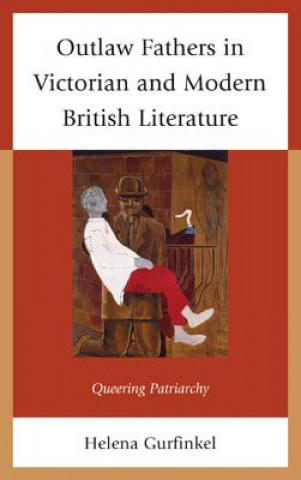
Kód: 02707555
Outlaw Fathers in Victorian and Modern British Literature
Autor Helena Gurfinkel
Outlaw Fathers in Victorian and Modern British Literature: Queering Patriarchy traces the representations of outlaw fathers, or queer patriarchs, and their relationships with their queer sons, in a particular literary tradition: m ... celý popis
- Jazyk:
 Angličtina
Angličtina - Vazba: Pevná
- Počet stran: 236
Nakladatelství: Fairleigh Dickinson University Press, 2014
- Více informací o knize

Mohlo by se vám také líbit
-

Ferro- and Antiferroelectricity
5976 Kč -
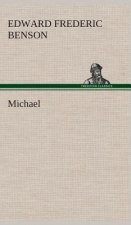
Michael
1425 Kč -
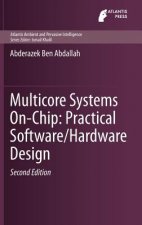
Multicore Systems On-Chip: Practical Software/Hardware Design
1681 Kč -
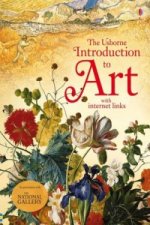
Introduction to Art
462 Kč -

Advanced Research on Cloud Computing Design and Applications
6338 Kč -

Power Electronic Converters and Systems
5119 Kč -
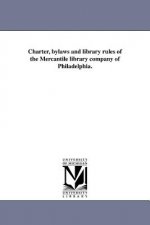
Charter, Bylaws and Library Rules of the Mercantile Library Company of Philadelphia.
419 Kč
Dárkový poukaz: Radost zaručena
- Darujte poukaz v libovolné hodnotě a my se postaráme o zbytek.
- Poukaz se vztahuje na celou naši nabídku.
- Elektronický poukaz vytisknete z e-mailu a můžete ihned darovat.
- Platnost poukazu je 12 měsíců od data vystavení.
Více informací o knize Outlaw Fathers in Victorian and Modern British Literature
Nákupem získáte 368 bodů
 Anotace knihy
Anotace knihy
Outlaw Fathers in Victorian and Modern British Literature: Queering Patriarchy traces the representations of outlaw fathers, or queer patriarchs, and their relationships with their queer sons, in a particular literary tradition: mid-to-late-Victorian and twentieth-century British fiction and memoir. Specifically, I look at such representations in Anthony Trollope's Doctor Thorne (1858) and The Prime Minister (1875-76) (while also drawing on An Autobiography (1883) and The Duke's Children (1880)); Samuel Butler's The Way of All Flesh (published in 1901), Henry James's "The Lesson of the Master" (1888), J. R. Ackerley's My Father and Myself (written in the 1930s and published in 1968), E. M. Forster's "Little Imber" (1961) (with an occasional detour into The Longest Journey (1907), Howards End (1909), and Maurice (published in 1971)), and Alan Hollinghurst's The Spell (1998). In the coda, I consider the implications of including transgender, transnational female-to-male fathers of color in the ranks of queer patriarchy and discuss two contemporary novels, Jackie Kay's Trumpet (1998, Scotland) and Patricia Powell's The Pagoda (1998, Jamaica and the United States), as well as-briefly-an episode an episode of the television show The L-Word (2008) and the documentary U-People (2007). The term "queer patriarchy" has two components. The first one is a non-traditional, primarily-but not exclusively-non-heterosexual, pervasively present, and culturally important, paternal subjectivity. The second one is the bond between such queer paternal figures and their sons, biological and non-biological. This study pays attention primarily to the relationship between psyche, language, and ideology, but it will join a larger conversation about the changing roles of men in general and fathers in particular, which is taking place outside of the field of literary studies.
 Parametry knihy
Parametry knihy
Zařazení knihy Knihy v angličtině Society & social sciences Society & culture: general Social groups
3680 Kč
- Plný název: Outlaw Fathers in Victorian and Modern British Literature
- Autor: Helena Gurfinkel
- Jazyk:
 Angličtina
Angličtina - Vazba: Pevná
- Počet stran: 236
- EAN: 9781611476378
- ISBN: 1611476372
- ID: 02707555
- Nakladatelství: Fairleigh Dickinson University Press
- Hmotnost: 516 g
- Rozměry: 160 × 236 × 21 mm
- Datum vydání: 27. March 2014
Oblíbené z jiného soudku
-

Women Who Run with the Wolves
238 Kč -

Freedom Writers Diary
389 Kč -

Think Like a Monk
283 Kč -
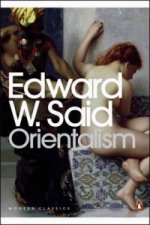
Orientalism
323 Kč -
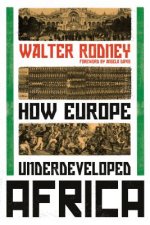
How Europe Underdeveloped Africa
514 Kč -
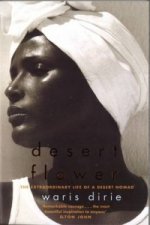
Desert Flower
276 Kč -
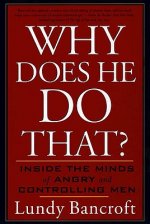
Why Does He Do That?
433 Kč -
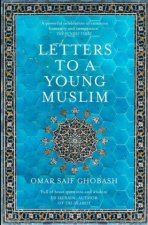
Letters to a Young Muslim
303 Kč -
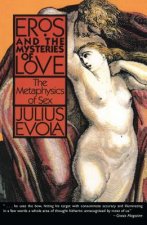
Eros and Mysteries of Love
423 Kč -
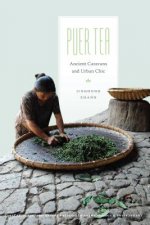
Puer Tea
937 Kč -
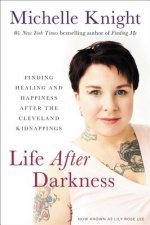
Life After Darkness
566 Kč -
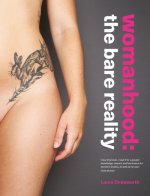
Womanhood
544 Kč -

JFK - 9/11
738 Kč -
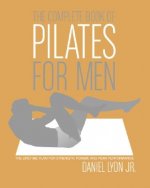
Complete Book of Pilates for Men
463 Kč -
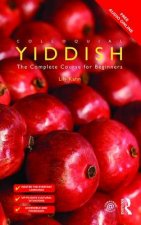
Colloquial Yiddish
1682 Kč -

Gypsy Identities 1500-2000
1666 Kč -
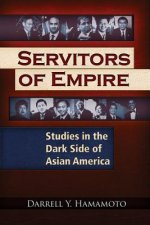
Servitors of Empire
498 Kč -
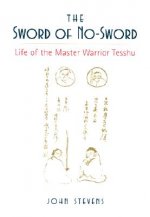
Sword of No-sword
646 Kč -
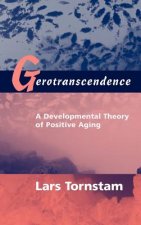
Gerotranscendence
3525 Kč -

Northwest Coast Indian Art
753 Kč -
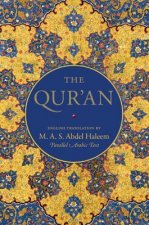
Qur'an
811 Kč -
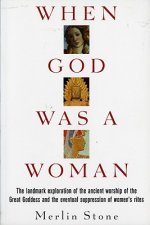
When God Was A Woman
493 Kč -
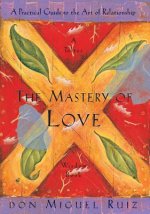
The Mastery of Love
309 Kč -

Vintage Menswear
456 Kč -
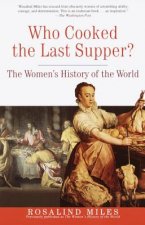
Who Cooked the Last Supper?
427 Kč -

Women Who Run With The Wolves
433 Kč -
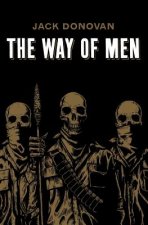
The Way of Men
342 Kč -
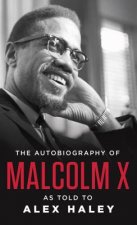
The Autobiography of Malcolm X
227 Kč -
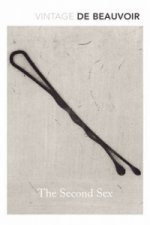
Second Sex
284 Kč -
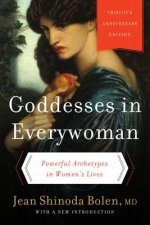
Goddesses in Everywoman
303 Kč -
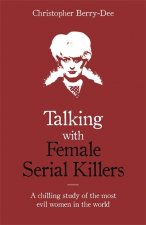
Talking with Female Serial Killers - A chilling study of the most evil women in the world
276 Kč -
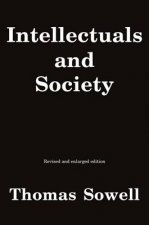
Intellectuals and Society
558 Kč -
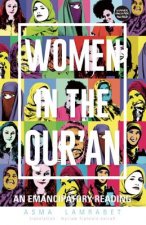
Women in the Qur'an
480 Kč -

Erotic Bondage Book
364 Kč -
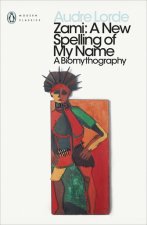
Zami
291 Kč -
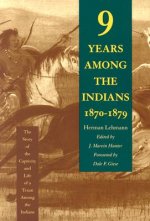
Nine Years among the Indians, 1870-1879
615 Kč -
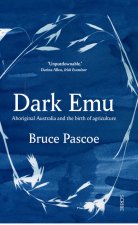
Dark Emu
410 Kč -
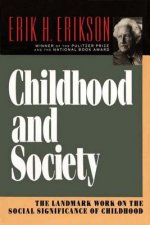
Childhood and Society
394 Kč -

Happy City
302 Kč -
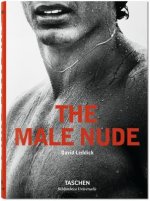
The Male Nude
505 Kč -
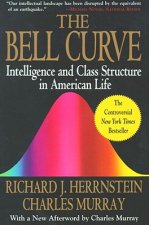
The Bell Curve
464 Kč -
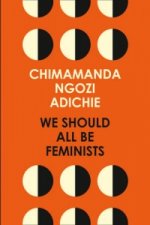
We Should All Be Feminists
196 Kč -
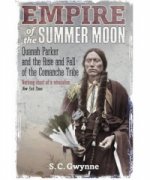
Empire of the Summer Moon
357 Kč -
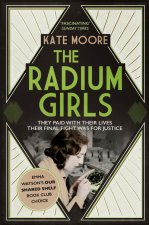
Radium Girls
276 Kč -

Dance of Anger
276 Kč -
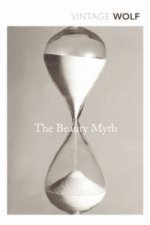
Beauty Myth
357 Kč -
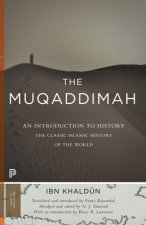
Muqaddimah
540 Kč -
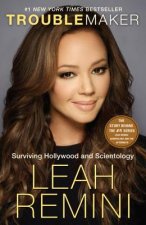
TROUBLEMAKER
376 Kč -
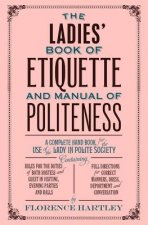
Ladies' Book of Etiquette and Manual of Politeness
382 Kč
Osobní odběr Praha, Brno a 12903 dalších
Copyright ©2008-24 nejlevnejsi-knihy.cz Všechna práva vyhrazenaSoukromíCookies



 Vrácení do měsíce
Vrácení do měsíce 571 999 099 (8-15.30h)
571 999 099 (8-15.30h)